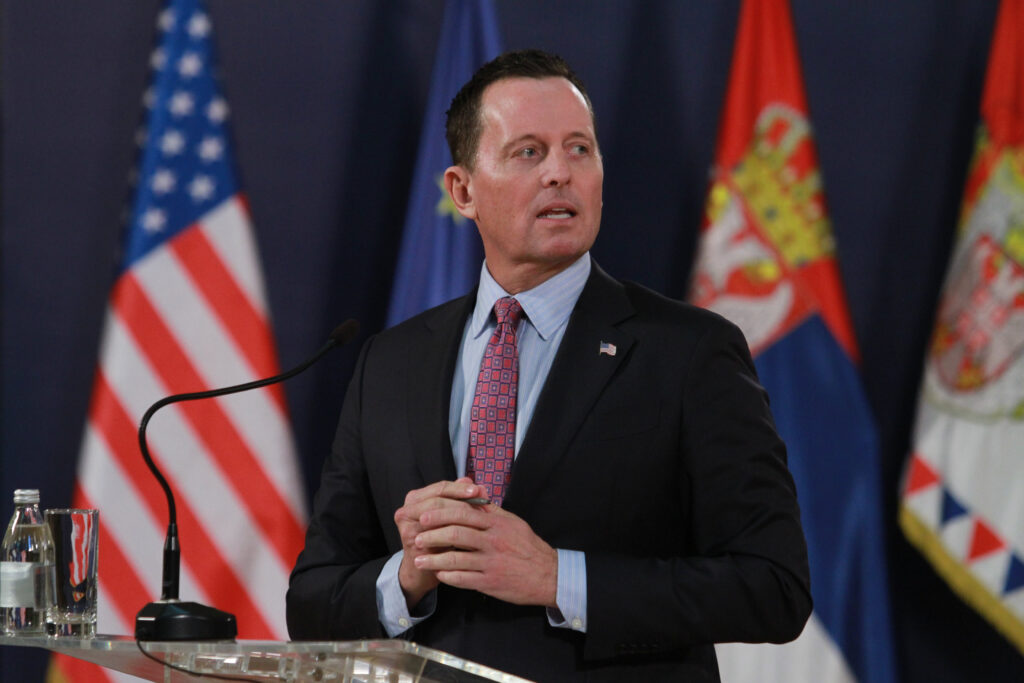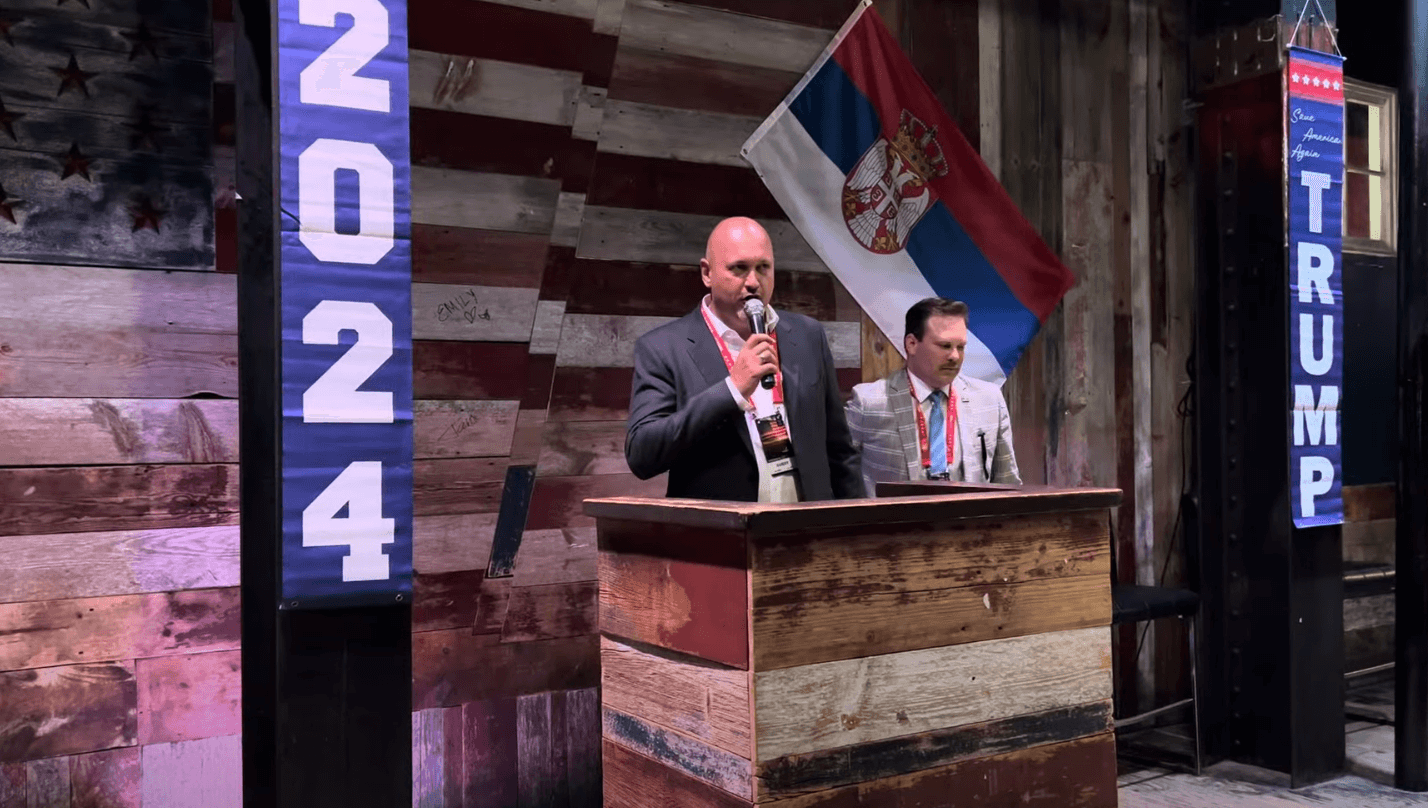
The TRUMP Affect/Effect on Global Stability w/ Special Guest Dr. Olga Ravasi
The TRUMP Affect/Effect on Global Stability w/ Special Guest Dr. Olga Ravasi In this post I am expressing my 1st Amendment Right of #FreeSpeech

On the occasion of the Third Anniversary of the Washington Agreement for Kosovo and Serbia
Today, on the third Anniversary of the historic Washington Agreement signed in the Oval Office by the governments of Serbia and Kosovo and presided over by President Trump, we’re sadly forced to acknowledge that relations between these two friends of America have deteriorated. More than two and a half years after Donald Trump left the White House, relations between Serbia and Kosovo have suffered under an abandonment of diplomatic, political, and economic leadership from Joe Biden.
As President Trump instructed me before we began negotiating the 2020 agreement, the only way to move the parties toward a better, safer future would be to drop the same failed demands and talking points and reject the same political impasses of the previous 20 years. The unlimited expectation that historical wrongs must be made right before peace, security, and prosperity can follow only perpetuates a conflict that has already cost these societies too much. We owe it to the young people of Serbia and Kosovo to reject political stunts, symbolic victories, and score-settling—and instead work to create a shared economic future. And it is naïve to count on foreign business expansion in a region where the physical security of people and assets are guaranteed by the presence of NATO troops.
In the last two and a half years, violence between the parties has increased, dependence on NATO troops has grown, and economic prospects—particularly in Kosovo—have weakened. The decision by President Biden to cede American diplomatic and economic engagement in the region to the analysis paralysis of the European Union has made things worse, not better.
The agreement of 2020 envisioned a shared and growing economic future for the parties in which trade barriers were removed, new air and ground transportation links were built, the Serbian government agreed to diversify its energy supply away from Russia, and the government of Kosovo agreed to use the U.S. government’s feasibility study of Lake Gazivode/Ujmani (referred to neutrally as Lake Trump) to develop water resource opportunities, including clean energy.
Under President Trump, the parties pledged to protect and promote freedom of religion, including renewed interfaith communication, protection of religious sites, continued restitution of World War II-era heirless and unclaimed property, and to expedite efforts to locate and identify the remains of missing persons from the Yugoslav Wars. They also agreed to a number of bipartisan priorities pushed for years by the U.S. Department of State: designating Hezbollah in its entirety as a terrorist organization and restricting its operations and financial activities in the region; committing to help decriminalize homosexuality in the 69 countries where it is currently illegal; and expanding diplomatic relations with Israel and other embattled U.S. allies.
Perhaps the biggest sign that these Trump-era accomplishments came undone was the failure of the Biden administration and its EU counterparts to simply extend the agreed-upon one-year moratorium on Kosovo’s search for new membership in International Organizations in exchange for a one-year moratorium on Serbia’s de-recognition campaign against Kosovo.
More must be done if we are to see peace and prosperity between Kosovo and Serbia. Sadly, however, Joe Biden and his Administration has made it clear that the Balkans and its people are not their priority. It is clear that the people of Kosovo, Serbia and the wider Balkans greatly benefitted from Donald Trump’s tenure in the White House, and I sincerely hope we will see another Trump Administration to once again make the Balkan region a top priority for the United States.

The TRUMP Affect/Effect on Global Stability w/ Special Guest Dr. Olga Ravasi In this post I am expressing my 1st Amendment Right of #FreeSpeech

Serbs for Trump 2024 Deliver Wisconsin at the RNC Serbs for Trump 2024 team launches the Deliver Wisconsin initiative at the Republican National Convention, with

We The People 2024 Milwaukee Serbs for Trump 2024 campaign kick-off in partnership with the Milwaukee County GOP at the historic American Serb Hall, featuring
© SERBIAN AMERICAN VOTERS ALLIANCE (SAVA PAC) 2023. All Rights Reserved.
proudly developed by Serbian-American patriots at Executive Digital